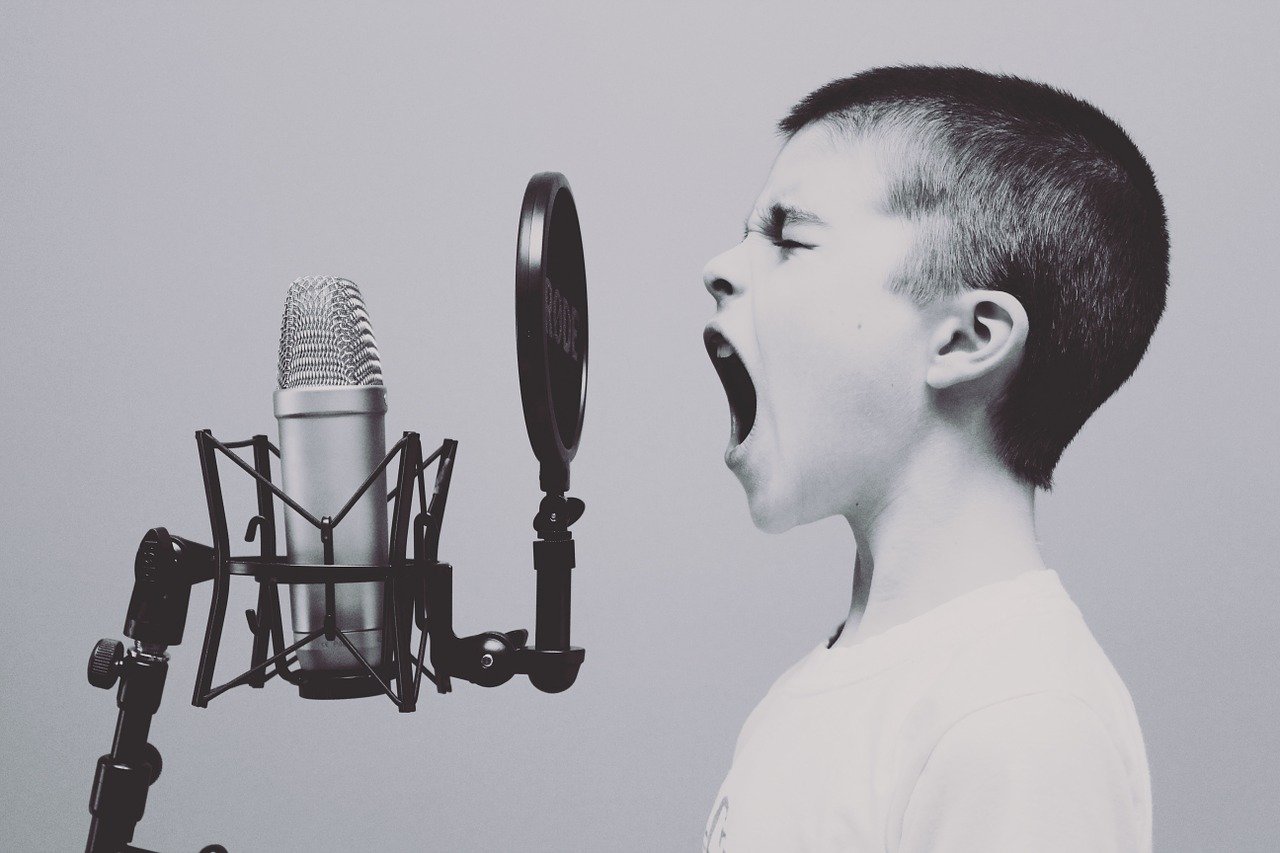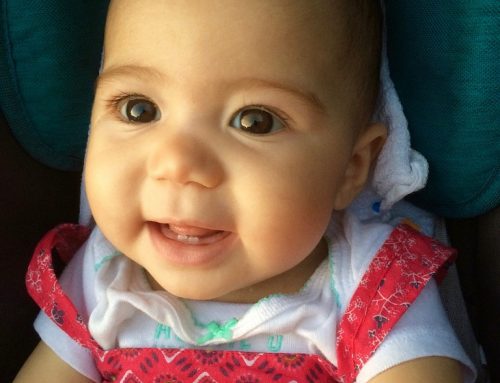It’s a harrowing time in a parent’s life when we’re asked this question over and over again:
“Why is your baby not talking?”
Relatives, neighbours and every member of society have one eye on the clock. The minute that seconds’ hand ticks its way into my child’s second year, the bombardment begins.
“His cousin of the same age is asking fluent questions. What’s wrong with him?”
“Is his tongue okay? Kidney? Liver?”
“Take him to so-and-so doctor, followed by this specialist and then seek out this city-famous speech therapist…”
Everyone has an opinion they are only too happy to express. My child’s lack of speech became a subject of national interest. My son was a late talker. And that just wasn’t acceptable to people around us. Words like ‘autism’, ‘learning disabilities’ and ‘speech impediment’ became part of our daily verbal diet. Expert after expert came into our lives through a revolving door.
Then at the ripe old age of 4.5 years, my son opened his mouth, and the words came pouring out. His fluency improved overnight. His teachers were amazed. The boy with the stilted, staccato speech was now a proper conversationalist. Today, he speaks with confidence, knows all the words to the soundtrack of ‘The Sound of Music’ and often ends up performing at his school’s elocution finals. Not bad for a child who couldn’t meet the approval of pseudo-speech experts and faulty societal standards.
Speech development in children
My son isn’t the only child who faced judgement. I’ve seen several anguished parents who fret over their child’s talking milestones. So many mothers have asked me if I could recommend a speech therapist when their child is barely two years of age.
Some kids pick up speech quicker than others. Most kids do follow a timeline like clockwork, making all the questioning relatives very happy (or jealous). While others, like my son, blossom in their own time. The guidelines for speech development areas are as listed below. Still, if your child’s milestones are delayed, it is not a cause for worry unless there are clear indications of an underlying issue.
Around 1 to 2 month: your baby can making cooing and crying sounds
Around 4 to 6 months: your baby can express emotion through sounds like laughing, squealing, sighing, grunting along with crying sounds.
Around 6 to 9 months: your little one will indulge in a host of mono-syllabic sounds, and might even copy a spoken word or two.
Around 10 months to one year: your child might say his first word by now, like ‘mamma’ or ‘give’.
Around 2 to 3 years: If your baby is on track, he might start talking fluently at this age. While others might still stick to 2-3 word sentences, most kids can understand verbal communication and can name objects and people.
Around 4-5 years: If your baby spoke early, he would be fluent by now. Late talkers might start speaking in proper sentences by now.
Around 5 years: Your child is now a proper conversationalist. However, if he isn’t speaking by this age, there might be a medical reason behind it.
Reasons for delayed speech
Ideally, allow nature to take its course and let your child find his voice on his own. Not every child will stand up and speak on his 2nd birthday. However, there are many reasons why your little one is unable to speak in sentences.
Lack of stimulation
Babies feed off the people around them. They respond to verbal and non-verbal interactions. The more you chat with your baby, the better. Singing, making funny faces, cooing, playing peek-a-boo are all activities that can help. Along with bright colours, shapes and patterns that activate your baby’s brain. If your baby isn’t stimulated, it can lead to delayed speech.
Auditory processing disorders
Some kids might suffer from a hearing problem where their brains are unable to process what they hear. Other symptoms include delayed speech, aversion to noise and difficulty following instructions. Speech-language therapy can help these kids. Children with hearing disabilities also struggle with speech, as they are unable to hear words and sounds. If there is any doubt about your baby’s listening faculties, contact your doctor.
Autism
This medical condition is a common reason for delayed speech. Lack of speech alone doesn’t indicate autism. Children on the Autism spectrum also show other signs like lack of eye contact and inability to point at objects. Consult your paediatrician for the best corrective measures.
Ankyloglossia (tongue-tie)
This condition in babies limits the mobility of the tongue. The child is unable to make sounds with ‘s,’ ‘r’, ‘th’ and ‘d’ sounding consonants. A simple procedure to separate the tongue from the floor of the mouth can help the child speak clearly. Refer to our post about ankyloglossia here (will add a link once the post is up).
Intellectual disabilities
Children who have dyslexia and attention deficit hyperactivity disorder (ADHD) could also have delayed speech. Do not panic. For these issues, it’s best to see your doctor or a learning disabilities specialist.
Speech issues
Children who have picked up a lisp or stutter might feel shy or awkward about speaking in public. This could stunt their verbal learning. Speech therapy can help them overcome the issues.
How you can help your child with a delayed speech milestone
Talk to your baby, use expressions, eye contact and other cues to hold his interest.
- Sing songs and extensively read to your child
- Social interactions help with speech, expose your child to other talking kids and people.
- Correct, but don’t critique. If your child makes a verbal mistake, like says ‘otter’ instead of ‘water’, gently offer the right word without shaming him.
- Avoid too much screen time. Kids’ brains tend to switch off while watching TV or videos on the iPad. Face to face talking is far more stimulating.
When to see a speech specialist
Some red flags might indicate you should contact your paediatrician or speech specialist.
- If your child is unable to use any form of non-verbal communication by 12 months, even if he needs help.
- If your child’s vocabulary is less than 50 words by 2-3 years.
Conclusion
Your child’s speech plays a considerable role in his social and intellectual development. It helps cement his place in society and be a contributing part of his environment. As a parent, when this milestone is delayed, panic tends to set in. That’s natural. Your child can still pick up speaking at a later age. There is still no explanation for why my kid was a late talker. He just was. If, however, you feel there’s a cause for concern, a doctor or expert can help you.






Leave A Comment